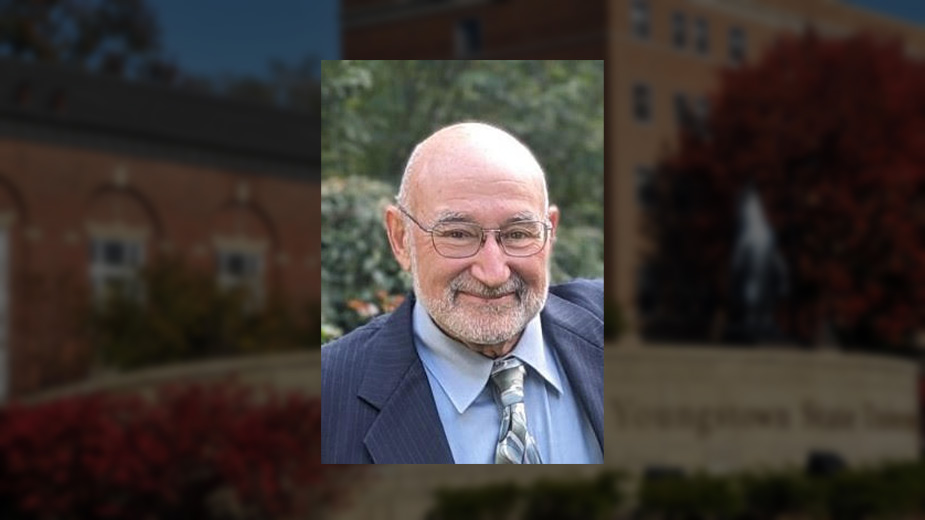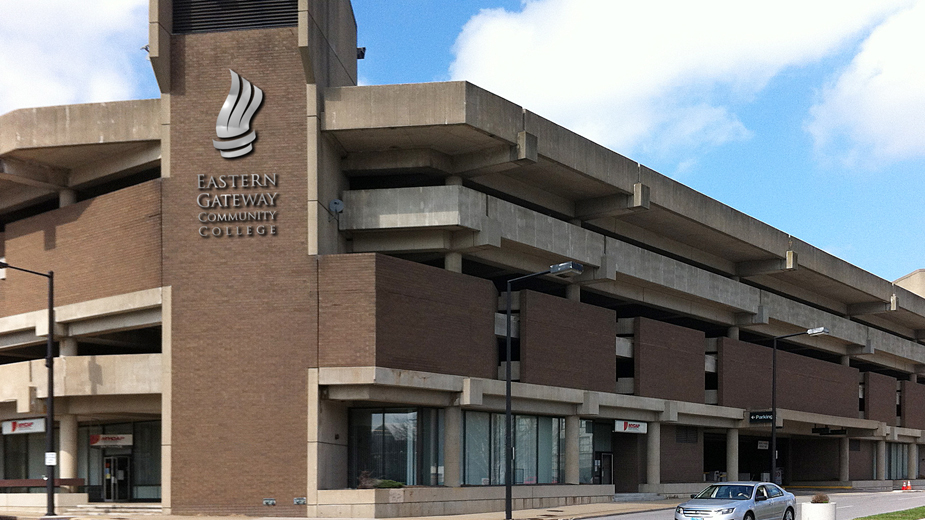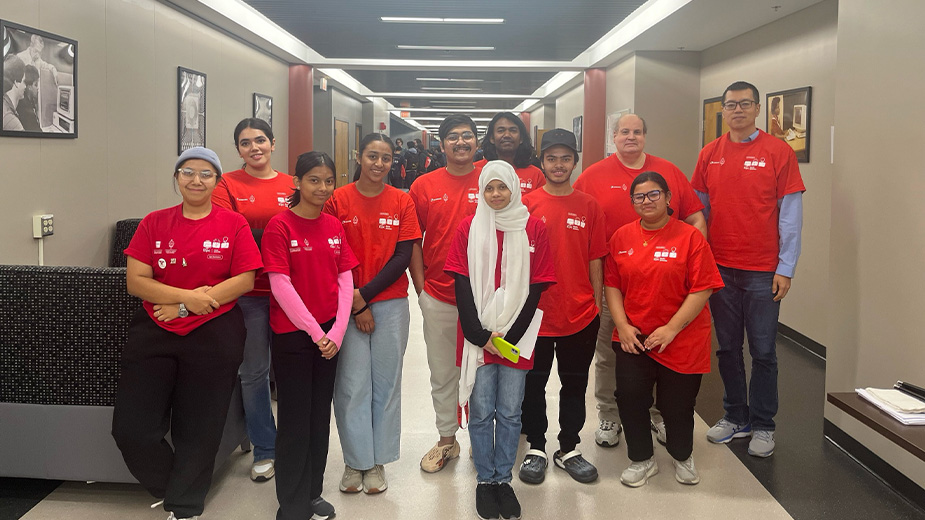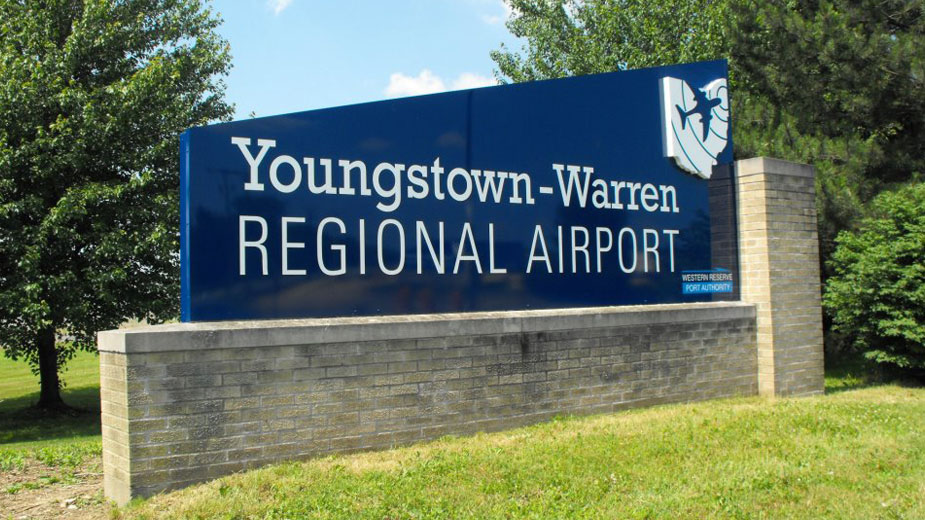Commentary: YSU Board Committed Unforced Error
By Tom Maraffa
I began my career at Youngstown State as a tenure track assistant professor in 1985, retiring in 2014.
During the next nearly 30 years, and later as a part-time faculty member, I have had both the privilege and opportunity to serve as a tenured professor, department chair, assistant dean and member of the president’s cabinet with vice presidential-level responsibilities. I worked with the YSU Board of Trustees and served as a member of the board of the largest professional organization in my field.
There isn’t much I haven’t experienced or observed in higher education.
With that experience, I have been watching the drama revolving around the appointment of U.S. Rep. Bill Johnson as YSU’s next president with a mixture of anger, disappointment and detached bemusement. I have been engaged in many discussions with friends and former colleagues about the board’s actions, contributing my share of both personal insight and snark.
The board of trustees has every right to follow the process it did and hire Johnson. He will report directly to the board and serve at its pleasure.
However, as the adage goes, “Just because you can do something doesn’t mean you should.”
Universities have cultures just as football teams, newsrooms, churches and businesses do. Those cultures include expectations of behavior. Every presidential search at YSU since 1991 included campus visits, meetings with constituent groups and public forums. It’s part of the cultural expectation. There is also a cultural expectation that a university president possesses certain credentials and experience.
One can violate one of those expectations, but not both.
For example, Ohio State recently hired a new president after a “confidential” search and with no public or campus forums. The person hired was, however, the president of the University of Nebraska, and it can easily be said that he or someone with that background would have risen to the top regardless of the search process.
In 2014, YSU hired Jim Tressel, a nontraditional candidate, as president. However, Tressel went through the same process as the other candidates, including several public forums. He also was supported by the local political and civic leadership, spent a brief tenure as a vice president at Akron and had a long record of engagement in the Youngstown community and support of the university, as well as abundant personal charisma.
In each of the above cases, opposition to the choice was muted in both intensity and duration. The intensity of the blowback to the appointment of Johnson is a product of both the fact that the expectations of process were not met and Johnson is a nontraditional candidate.
All of this is compounded by the fact a board member was willing to publicly vote no on Johnson’s appointment. Decisions of this magnitude should go public only when they are unanimous, especially when the dissenter has the stature in the community and reputation of Molly Seals.
In reality, the presidency of Johnson will be severely handicapped by the board’s hiring process. There is an expression in university president circles that the first year of a presidency is like drinking water from a fire hose. Johnson will be drinking water from a water cannon.
Johnson said the right things after his appointment was announced, but he would have been much better served by saying the same things during a campus interview process, as did Tressel. As it is, few are now willing to listen. He will have to spend time repairing relationships with the donor community and civic leadership, if that is possible. That time could be better spent addressing the pressing issues facing YSU.
In tennis, what the board did would be called an unforced error. Unforced errors are often the difference between winning and losing.
Ultimately, YSU and Youngstown are the big losers.
Tom Maraffa is a professor emeritus at Youngstown State University.
Copyright 2024 The Business Journal, Youngstown, Ohio.



